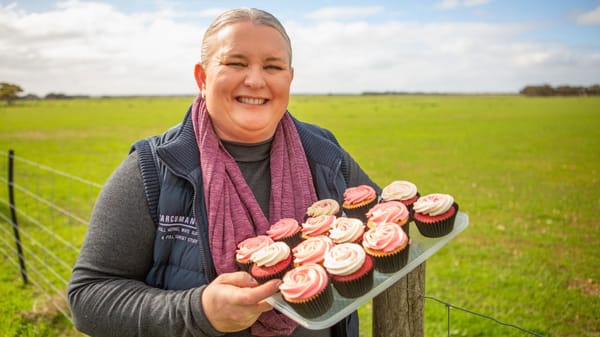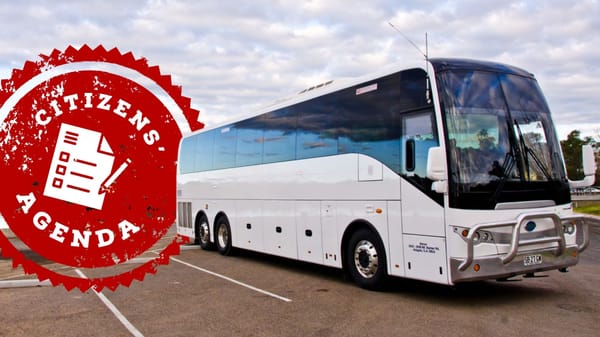Century-old footy trip photos show Murray Bridge as it was in 1925
Photographs taken on a tour by the West Broken Hill Football Club give a rare insight into life and progress in the Murraylands in the 1920s.

This story is now free to read. Help Murray Bridge News tell more stories like this by subscribing today.
A hundred years ago last week, in the early days of organised sport, a team of footballers from Broken Hill passed through the Murraylands on an interstate tour.
But one thing was different about the West Broken Hill Football Club’s visit.
They brought a camera.
People had been taking photos in Australia since the mid-19th century, but photography had only started to become an accessible and affordable hobby in the 1910s – most newspapers would not regularly feature photos until decades later.
So the photos taken by the West Broken Hill footballers on their trip offer a rare view of life in the Murraylands in the 1920s.
This was a time when Murray Bridge was a town of just a few hundred people, and the second bridge across the River Murray was still under construction.






Bridge Street, looking west from near Sixth Street; the riverfront near the Round House, home to both the world-leading Hume Pipe Company and a permanent Ngarrindjeri camp; construction of the railway tunnel under Bridge Street; a view from the east side, near Kennett Road; the Murray Bridge Hotel, looking very similar to what it does today; and Provis' Hotel, also known as the Bridgeport. Photos: State Library of South Australia (B61788).
The visitors played a combined Murray Bridge side at the Recreation Ground on July 25, 1925.
Remember, this was back before the River Murray Football League, when the four local clubs were Bridgeport, Rovers, Tailem Bend and United.
In fact, the ground where the showcase match was played – now known as LeMessurier Oval – had been opened only a year earlier.
“Their team succeeded in bringing into play a good combined system of football,” correspondent “Half-Back” wrote in the River Murray Advocate that week.
“The high marking and passing from man to man was of a very high order, and in this respect the local men were outclassed.
“The local men depended on their speed too much, and there was far more individual effort than there should have been … nevertheless, though beaten by a better team on the day, the heartiest congratulations were at once extended to the visitors on their success.”
No photos of the match are known to have survived in the archives of the State Library or History Trust of South Australia.
West Broken Hill defeated Murray Bridge 14.16 (100) to 8.13 (61)
- West Broken Hill best: Osmon, Burford, O’Loughlin, Corner, Chandler, Griffiths, Corrin
- Murray Bridge best: Peart, Beames, Rea, Hurford, Richards, Mobbs, Nelson, Gardner






Mypolonga's main street; the visiting team at Mypolonga; the butter factory and surrounds at Murray Bridge, now Sturt Reserve; the old flour mill, seen from up near the Bridgeport; and two photos showing work on the rail bridge which would open four months later. Photos: State Library of South Australia (B61788).
The visiting side would go on to tour the irrigation settlement at Mypolonga, spend time in Adelaide, and play matches in Port Pirie and Mount Gambier before looping through Victoria on their way home.
West Broken Hill Football Club still exists today, and plays in the four-team Broken Hill league.
The Robins have produced a number of AFL players over the years, including former West Coast utility Brent Staker.
But whether they will ever pay us a visit again – or whether Murray Bridge’s footballers will ever get a chance to level the ledger – is anyone’s guess.
- Read more: This week in history: July 31, 1925





